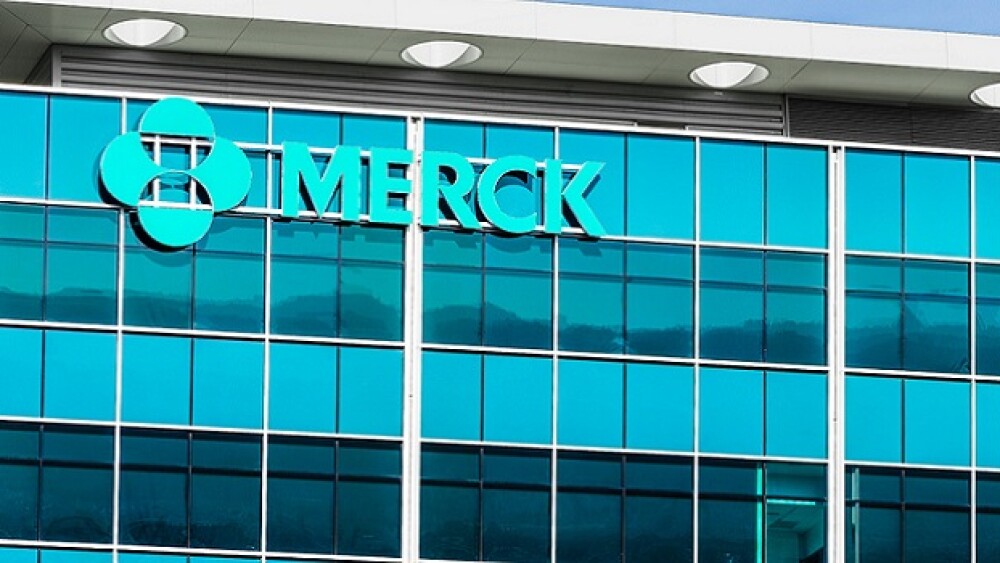Investment dollars continue to flood the life sciences industry as new technologies and groundbreaking approaches tear down the dams that have previously hindered advancement.
Investment dollars continue to flood the life sciences industry as new technologies and groundbreaking approaches tear down the dams that have previously hindered advancement. Here are found companies filling their wallets today.
Monte Rosa Therapeutics
Protein degradation therapeutics are a hot topic in the precision medicine world. Monte Rosa’s $95 million Series C proves investors too believe in its merit.
“Many approved drugs have been developed to inhibit a protein’s function. Monte Rosa’s goal is to eliminate the protein altogether,” the company’s site states.
Monte Rosa is preparing IND-enabling studies on its lead candidate this year to take it towards the clinic, as well as bolster platform capabilities for developing its small molecule degraders. The approach aims to eradicate otherwise undruggable protein drivers of genomically-defined diseases, cancer included. These molecular “glues” take over the body’s innate process of degrading proteins to attack disease.
“By leveraging the power of nature’s protein degradation pathways, our next-generation approach is purpose-built to target the undruggable proteome and eliminate disease-driving proteins with high precision,” said Markus Warmuth, M.D., CEO of Monte Rosa. “With extensive and compelling in vivo data in hand, we are confident in the potential of our molecular glue-based targeted protein degradation platform to deliver breakthrough small molecule therapeutics.”
Today’s Series brings the company’s funding to over $223 million since Monte Rosa’s uncloaking in just May of last year.
Nano Cures
Ready to race to the NASDAQ, Nano Cures completed its pre-IPO funding round for a tidy sum of $90 million. Funds from the IPO will be used to scale up Nano Cures’ platform for COVID-19 variants.
Nano Cures’ platform sounds like something from the future. The company’s in-development framework plans to feature self-administered vaccines and therapeutics folks can order online and get through their pharmacy. Ideas like vaccines delivered through topical creams or nasal sprays are on the list for development. Delivery vehicles like that hold the potential of being a gamechanger, particularly for emerging regions lacking healthcare access.
Like many companies right now, Nano Cures is working on a COVID-19 vaccine and is currently in Phase I and II trials. The team is also working on a universal coronavirus vaccine to protect against both known and unknown strains of the virus.
“As Covid-19 has made abundantly clear, a 21st century technology-enabled approach is needed that refreshes how we proactively solve public health challenges and threats. The opportunity to do so is likely the largest value creation opportunity in the world today,” said Steve Papermaster, Nano’s Chief Executive Officer. “The rollout of the Nano Cures Platform will help to heal the world from the current devastating Covid-19 pandemic, and shield the world from future pandemics, epidemics, and unnecessary death from infectious diseases.”
HHS’ Biomedical Advanced Research and Development Authority (BARDA) is stepping in to bear the financial load for ContraFect’s ongoing trial for exebacase, a recombinantly-produced lysin (cell wall hydrolase enzyme) with potent bactericidal activity against Staph aureus, including right-sided endocarditis.
ContraFect announced just last month the FDA had granted Breakthrough Therapy Designation for exebacase for treating MRSA and now the company has $9.8 million in hand to carry on the pivotal Phase III DISRUPT trial. Up to an additional $77 million is also on the table from BARDA upon achievement of key milestones through to the FDA approval of the drug.
“Exebacase, which received Breakthrough Therapy Designation last year from the FDA, is the first direct lytic agent in Phase 3 trials and the lead program of our DLA platform, representing a completely new medical modality to address life-threatening infectious diseases. We believe that this award, and the expected acceleration of Phase 3 study enrollment, provides ContraFect with strong momentum as we move toward the interim futility analysis, currently anticipated in the second half of 2021,” said Roger J. Pomerantz, M.D., President, Chief Executive Officer, and Chairman of ContraFect.
Antibiotic-resistant infections are on the rise, according to the BARDA director. Effective medicines against them are a must for the future of public health.
Results of the Phase III study are anticipated in the second half of this year.
Cambridge-based NeoPhore is poised to take immunotherapy cancer treatments to another level. The small molecule neoantigen company completed a Series B round netting around $21.1 million to fund its cause.
Science has proven the immune system’s ability to detect and fight cancer, but long-term efficacy has shown the need for cancer neoantigens. NeoPhore’s drug discovery is focused on treatments that create neoantigens for lasting cancer immunity.
Dr. Matthew Baker, Chief Executive Officer of NeoPhore, added: “This financing validates NeoPhore’s novel and highly differentiated approach. Our programmes comprise novel first-in-class inhibitors and modulators that target the MMR pathway. These drugs are designed to work in concert with existing immunotherapies to stimulate immunity directly at cancer’s core, effectively forcing cancer cells to reveal themselves to the patients’ immune system. We anticipate a huge patient benefit in the level and durability of anti-cancer responses in a wide range of indications.”






